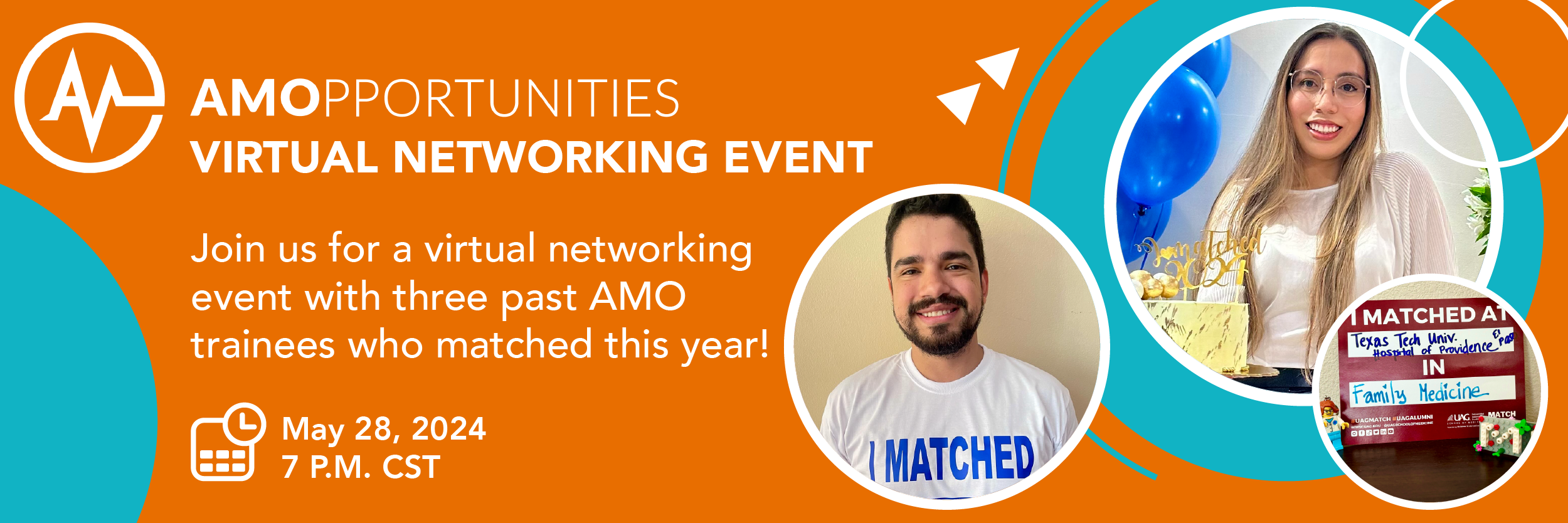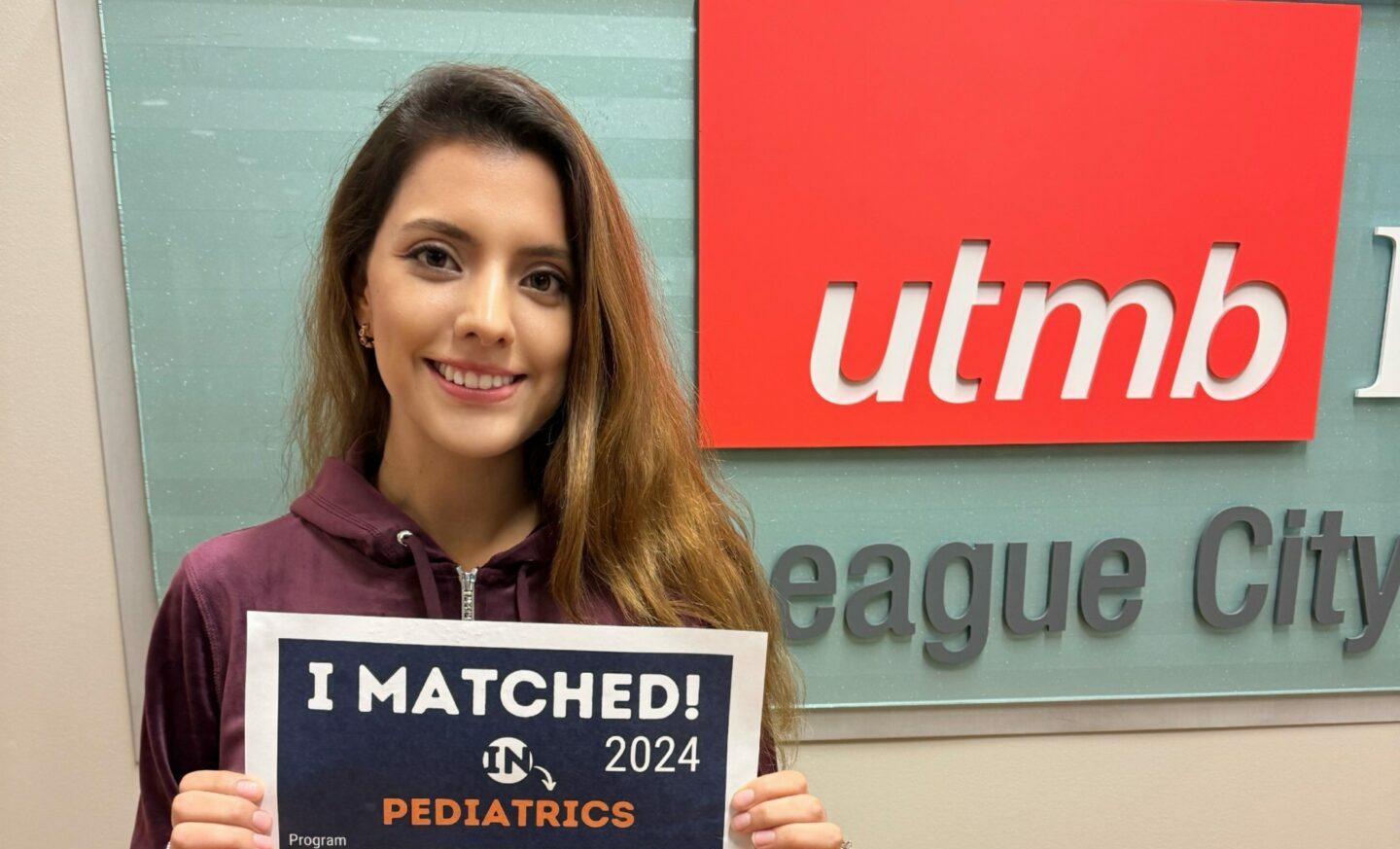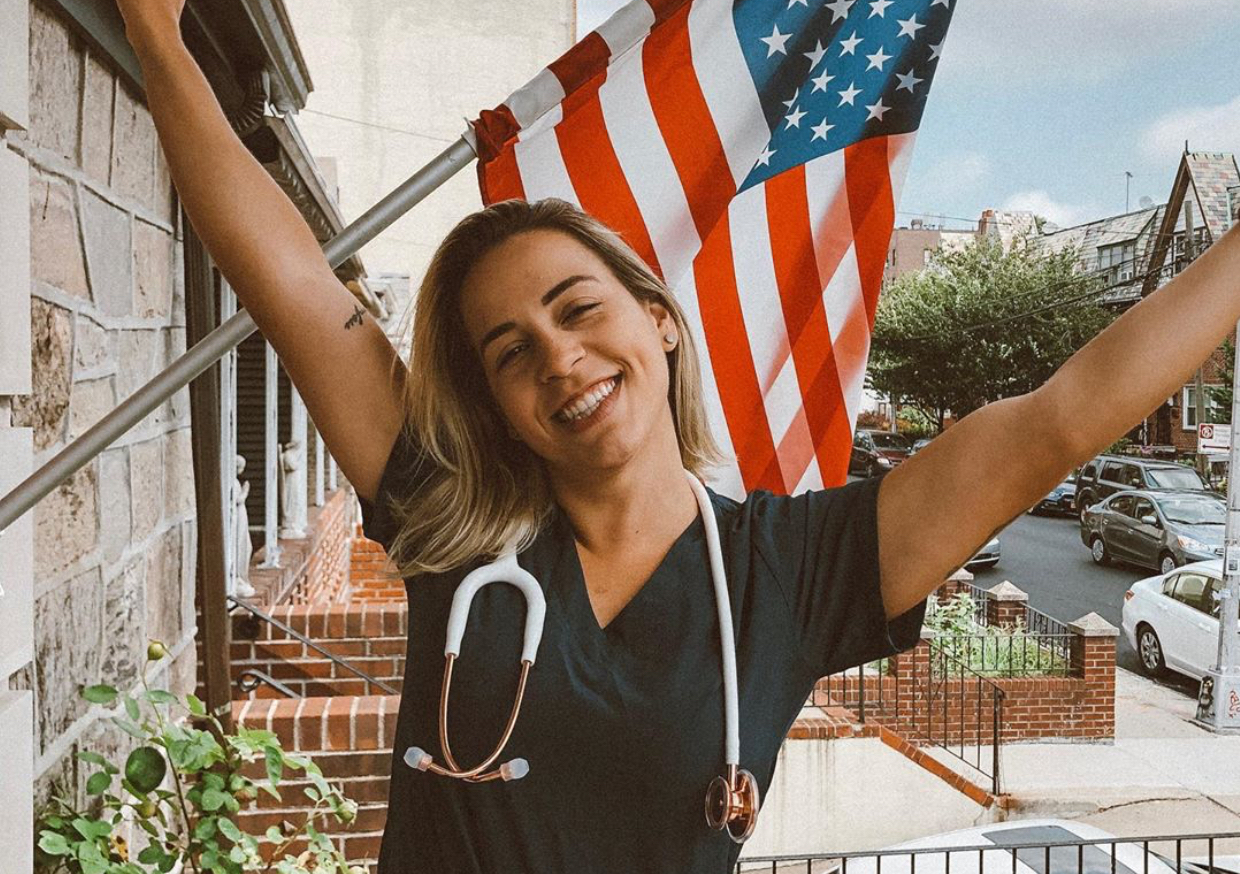In the U.K., postgraduate medical education is not short-lived. If you read our post, Becoming a Physician in the U.K.: The Foundation Program, you know that upon graduation, those looking to become physicians must complete a two-year education program. It doesn’t stop there, though. Once you graduate from the foundation program, it is recommended that individuals complete one year of internship training.
Only after this training and internship are complete will a medical graduate be eligible to apply for specialty training. When it comes to specialty training in the U.K., things can get confusing. In this post, we simplify it and provide an outline of the application process.
Paths to Consider
To determine the specialty training that is right for you, you will need to decide what type of medical professional you want to be. Do you want to be a general practitioner or do you want to be a consultant? Each of these tracks has positives and benefits, which you can learn more about here.
If you decide you would like to become a GP, you will need to apply to a GP training program, which typically lasts three years. If you decide you would rather work as a consultant or specialist, you should begin a specialty training program, which last between five and eight years.
Training Structures
Once you have decided your path, you will need to apply to either a GP or a specialty program. These programs will fall into one of two categories; run-through and uncoupled.
Run-through programs are programs in which an individual only has to apply for the program once. Upon acceptance, they will begin training the will include internal medical training, previously known as core medical training, and the training needed to become a specialist in their area of choice. All GP programs and some specialty programs are uncoupled. The first years of run-through training are referred to as ST1 and ST2. Once these years of training are complete, individuals will enter their first year of specialized training, which is called ST3.
Uncoupled programs are different than run-through in that they require individuals to apply for their internal medical training and specialized training separately. Those who get into an internal medical or core medical training program will complete two years in the program. These years are called CT1 and CT2. Upon completion, individuals will need to reapply to the program they are in should they decide to continue their specialty training at level ST3.
Applying
Specialty training in the U.K. is highly competitive and organized nationally. Applying to this type of training follows a process similar to that of the National Resident Matching Program in the U.S. In the U.S., applicants submit their Match applications through the Electronic Residency Application Service. In the U.K., applicants submit applications through Oriel. To apply for a CT1 or ST1—first-year programs in either of the training paths—individuals must provide the following items:
-
- Proof of registration with the GMC
- Proof of a 12-month (one-year) internship
- Foundation Program Certificate of Completion
- CV/resume
Certain medical specialties may require an applicant to take an additional exam and submit their scores. Such information is available on Oriel’s website.
At present, there are no fees to apply for specialty training programs in the U.K. That does not mean, however, that money will not be spent in other areas to get to the application stage. Individuals may find themselves paying for an additional exam or a hotel if they decide to visit a program’s site.
Interviewing and Acceptance
When it comes to making a good impression on those who evaluate specialty program applications, applicants have only one opportunity. Each medical specialty hosts interviews. During these interviews, panelists rank applicants. Rank is based on the interview content and accomplishments listed on the applicant’s CV/resume.
Interviews usually begin in January, with applicants receiving program invitation as early as February. Applicants that aren’t accepted into programs during the first round may be offered a program seat in the following months since there are three rounds of offers. For the full timeline of the specialty training application process, click here.
Are you a medical graduate looking to take your education to the U.K.?







Leave A Comment